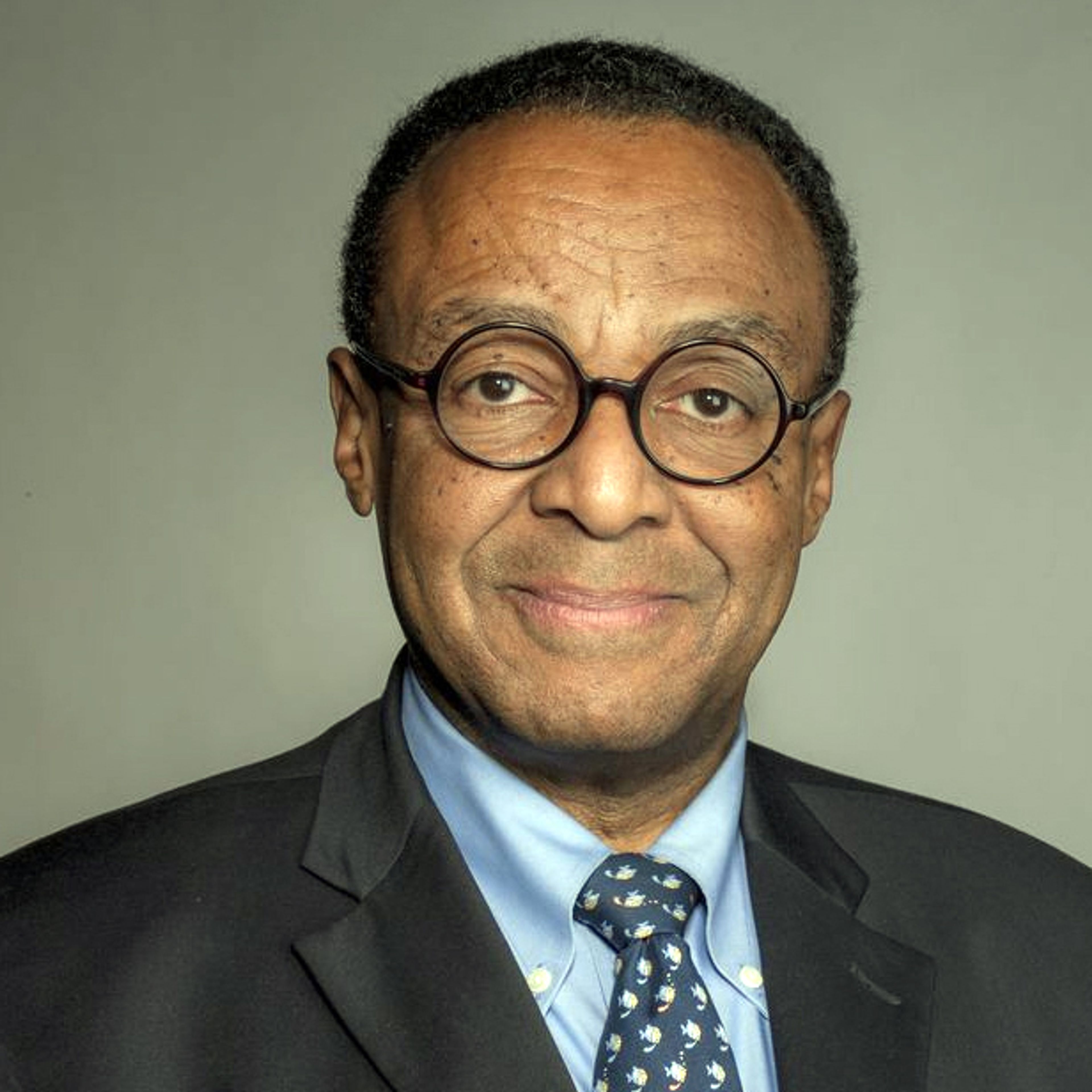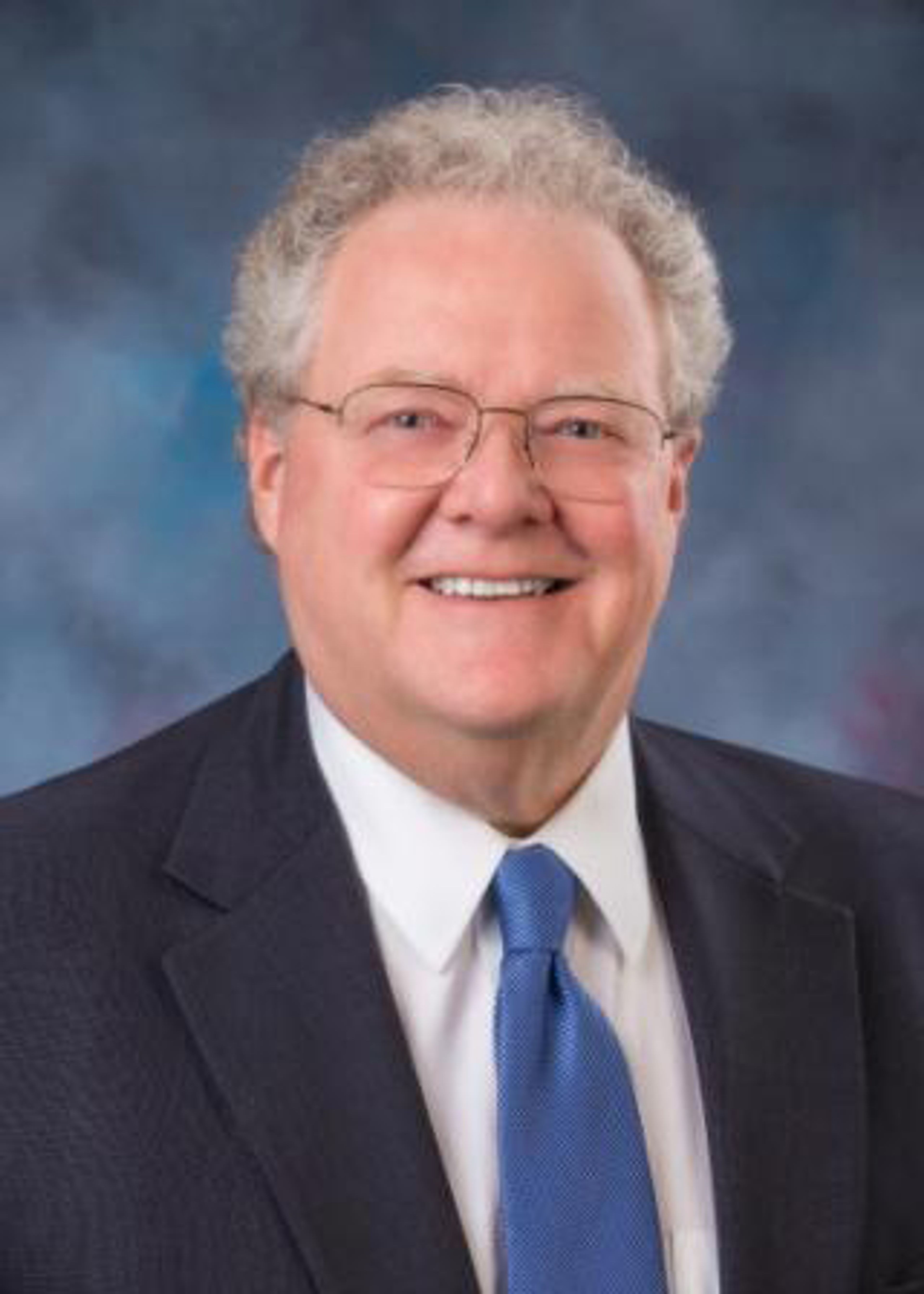OPINION: King’s dream still offers a great agenda we need to make reality
As we marked the Martin Luther King Jr. holiday, ironically on the same day as Donald Trump’s second presidential inauguration, I was reminded of a famous quote from another King:
“Can we all get along?”
Yes, that plea came not from MLK but from Rodney King, no relation to the great civil rights leader, in May 1992 as riots erupted in Los Angeles after a mostly white jury acquitted four Los Angeles police officers of assault charges for his videotaped beating.
We can be thankful that race relations have made some notable progress since then, including the election of Barack Obama as this nation’s first Black president in 2008.
Yet assessments of whether we can all get along are colored by how much the nation’s great race debate has shifted.
Let us not forget, amid Monday’s proclamations of praise and commemorations for MLK as a great humanitarian leader, that his own approval ratings in his last year were strikingly low.
A Harris Poll earlier in 1968 found his public disapproval rating to be almost 75%, a startling contrast with how King generally is viewed today.
But, public opinion can be fickle for leaders and candidates on both political sides. A year after Donald Trump beat Hillary Clinton, Gallup pollsters found his approval rating had fallen to 35%, lower than any previous president at that point in his presidency, and he left office with an average approval rating of 41%, the lowest in more than seven decades of polling.
And yet he was reelected anyway — partly, his MAGA supporters tell me, thanks to the persecution their hero suffered in various federal and state investigations of his alleged crimes.
At the polls in 2024, Trump ended up with more support than his previous polling and controversies over immigration, among other ethnically sensitive issues, would have led many of us to expect.
Democrats lost ground with voters under 30 in most swing states, including former Blue Wall states in the industrial Midwest, which are still struggling with regional and industrial job loss, as well as immigration-related demographic changes.
Democrats also appear to have taken some Black and Latino voters for granted, most dramatically in areas where they underestimated the Trump appeal.
In other words, race and politics still refuse to be as simple as black and white.
I can see that in the degree to which conservatives have gained mileage by demonizing “identity politics,” whatever they consider that to be. In my view, politics have become so closely intertwined with the way people see themselves that separating the two can sound like a fool’s errand.
Still, identity issues of various sorts — not just race or ethnicity — may well begin to explain why Democrats lost ground with voters under 30 in nearly every swing state.
There also was a seismic shift with Latino voters, whose support for Democrats declined gradually in recent elections.
Yes, Americans have made a lot of useful progress since Dr. King’s death, but a lot more work remains to be done to bring his dream to reality.
In one of his final speeches, which I read again every year on his birthday, he ends with an agenda for his audience that still remains very relevant today. He said:
“And so I conclude by saying today that we have a task, and let us go out with a divine dissatisfaction.
“Let us be dissatisfied until America will no longer have a high blood pressure of creeds and an anemia of deeds.
“Let us be dissatisfied until the tragic walls that separate the outer city of wealth and comfort from the inner city of poverty and despair shall be crushed by the battering rams of the forces of justice.
“Let us be dissatisfied, and men will recognize that out of one blood God made all men to dwell upon the face of the earth.
“Let us be dissatisfied until that day when nobody will shout, ‘White Power!’ when nobody will shout, ‘Black Power!’ but everybody will talk about God’s power and human power.”
That would be ideal — and MLK was, if anything, an idealist, a dreamer.
It’s still up to the rest of us to try to turn his dream into a new reality. It’s worth the effort.
Page is a member of the Chicago Tribune's editorial board and writes for Tribune Content Agency. He may be contacted at cpage47@gmail.com.
TNS








